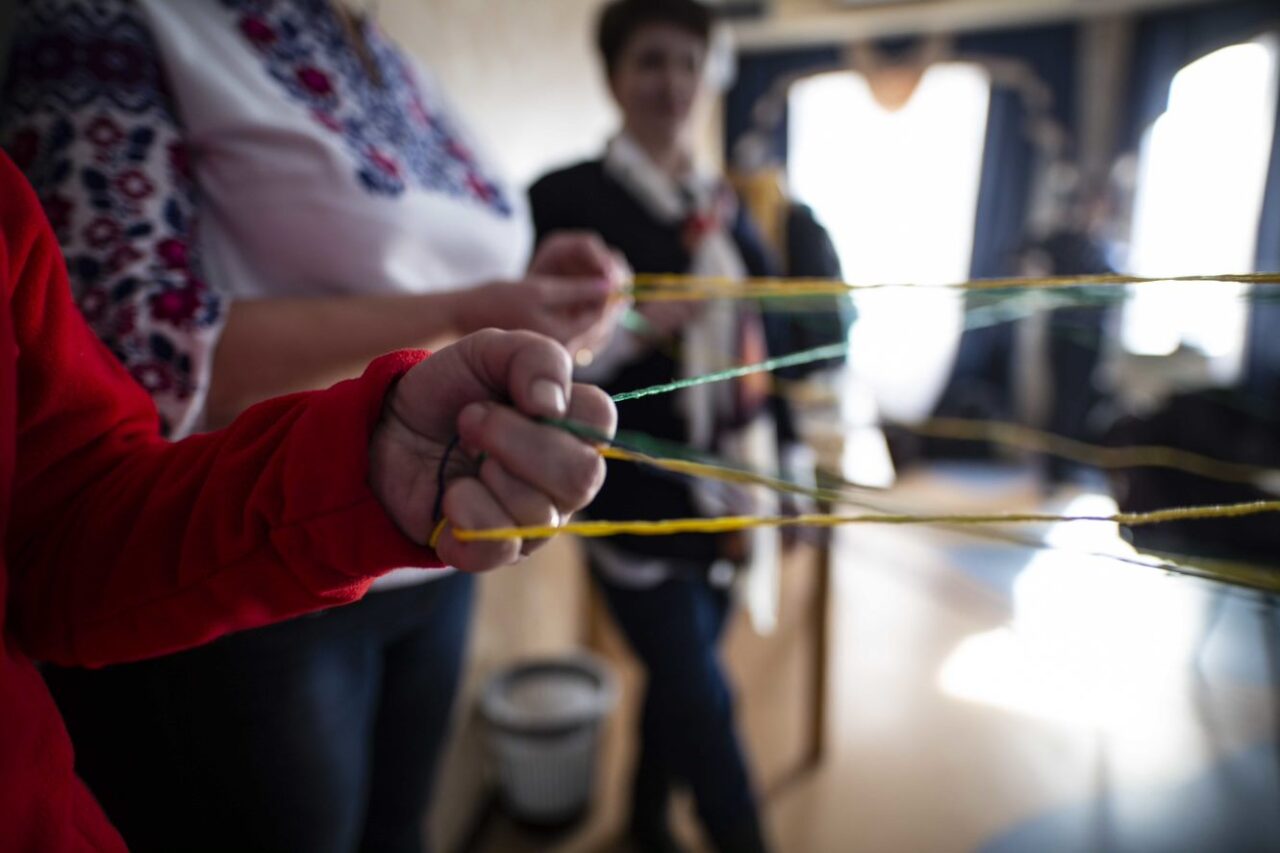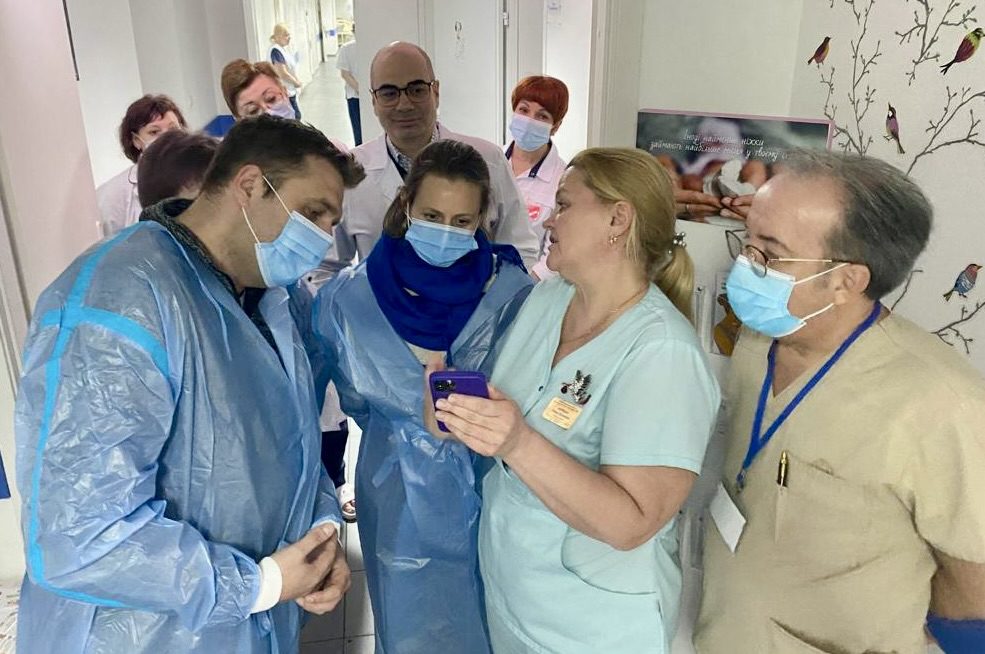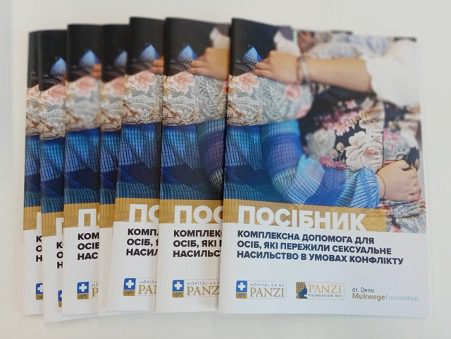Conflict-related sexual violence in Ukraine
From the outset of the conflict in eastern Ukraine in 2014, to the 2022 invasion of Ukraine by the Russian Federation, human rights abuses have been documented, including conflict-related sexual violence – often committed as a method of torture against women and men held in illegal detention.
Since the full-fledged invasion by Russian forces from 24 February 2022 the UN Human Rights Monitoring Mission in Ukraine has reported numerous cases of conflict-related sexual violence – part of a wider pattern of attacks used to punish, control and terrorise civilians in occupied territories.
The need for a holistic, survivor-centred approach
While there are verified reports of conflict-related sexual violence, few victims of these crimes have come forward to seek care. Shame, stigma, fear of reprisals and lack of knowledge of available support mean that many survivors of conflict-related sexual violence do not identify themselves or seek help.
Although care services exist for survivors, these are often stand-alone services, siloed from each other. This means that survivors find it hard to know where to seek care and, if they seek care via one service, they may not be referred onwards to other essential services.
Our response
In April 2022, we travelled with colleagues from the Global Survivors Fund to Ukraine at the invitation of the Ukrainian Government Commissioner for Gender Equality Policy, Kateryna Levchenko. We met with relevant ministries, the Office of the Prosecutor General, civil society organisations, and the survivor-led network, SEMA Ukraine.
In July 2022 we signed a framework agreement to strengthen access to holistic, survivor-centred care and reparations for survivors of conflict-related sexual violence.
Currently funded by the French Government’s Centre de Crise et de Soutien, and previously by the King Baudouin Foundation and Stichting Vluchteling, this programme’s objectives are to:
Currently funded by the French Government’s Centre de Crise et de Soutien, and previously by the King Baudouin Foundation and Stichting Vluchteling, this programme’s objectives are to:
- Strengthen the delivery of quality, holistic care for survivors of conflict-related sexual violence and provide support to key facilities in the holistic care referral pathway
- Strengthen the knowledge, skills, and capacities of professionals to deliver trauma-aware, survivor-centred, holistic care for survivors of conflict-related sexual violence through a comprehensive Training of Trainers package
- Strengthen survivors’ knowledge of available services and access to holistic care, and
- Inform, sensitise, and mobilise the international community for a timely and coordinated response to conflict-related sexual violence in Ukraine.
As in all our work, we take a survivor-centred approach. Throughout this programme, we are collaborating with the SEMA Ukraine network of survivors to ensure that it reflects their needs and priorities. We have supported this network since 2019, adapting our support in a rapidly changing context since the invasion by Russian forces. Survivors play an active role in advising and supporting our programme activities.
Listen to Halyna Tyshchenko, a SEMA Ukraine member, calling for survivor-centred care in a video made for a side event at the 53rd session of the UN Human Rights Council in Geneva in June 2023:



